by Mark R. Dyke, LPC
Supply chain disruption, worker shortages, deadlines, turnover, increasing costs, rising interest rates and overall uncertainty are facing us day after day. We try to rise to the challenge and find creative ways to deal with these seemingly unending issues to keep a sense of progress going. Yet while we work to manage these challenges it is easy to overlook the impact they are having on people, and if we are honest, the impact it is having on ourselves. We are stressed, burned out, anxious, and it is impacting our home life, relationships, and overall wellbeing. With the problems our economy is facing and the lingering effects of the pandemic we have seen a rise in mental health issues; anxiety, stress, burnout, substance abuse, and suicide.
Why Do We Struggle with Addressing Mental Health?
Since the pandemic began it seems that a shift has begun in how people view mental health. There is still a stigma, maybe even fear or shame and judgement, associated with mental health issues and seeking help. While we do not yet have the solution to eliminate the challenges we are currently facing, we do know how to best cope with them in a healthy manner.
Three Steps Employers Can Take
Employers are not helpless is assisting their employees deal with mental health challenges that the current times are causing. Here are three steps employers can do now to start to change the story of mental health issues in construction.
Step One: Create a Culture of Awareness
The first step is to bring attention to building a caring culture in consideration of mental health. We need to eliminate the shame of seeing a therapist or needing medication. Instead, we should be creating an atmosphere of trust and openness in every organization so people are aware and willing to engage in mental health conversations.
Step Two: Provide Resources
Offer resources for those in need such as an EAP or enhance access to existing services. Train people to recognize signs of mental health struggles such as substance abuse, anxiety, depression, etc. Training the workforce to be aware of the resources available will help address the issue.
Step Three: Normalize Mental Health Discussions
Encourage open and honest discussions about mental health and suicide. Vulnerability and honesty go a long way to helping eliminate the stigma around mental health. Sharing personal stories of “lived experience” demonstrating from the leadership level that “it is ok to not be ok” and creating empathy and trust among the workforce by reducing stigma and fear of judgment.
Three Steps You Can Take
Company culture and resources are a good place to start, but it will not solve the problem we are facing. The reality is this; you are the front line, and you don’t need to be a therapist, you only need to be a caring person. Instead of ignoring it when someone seems down or out of sorts, what if we took the time to talk to them about what is going on in their lives? Sometimes, just knowing that someone cares is enough to change a life.
Step One: Listen to What People Say
There are signs to look for that may indicate someone is struggling with a mental health issue. If they talk about feeling trapped, that they feel like a burden, and express hopelessness or helplessness. If they are having consistent conflict with coworkers or make statements about wanting to die or questioning the meaning of life in a negative manner. Listen to what people say and listen for signs of distress.
Step Two: Watch What People Do
Another thing you can do is be observant and watch for signs someone is struggling with a mental health issue. Watch for increased tardiness or absenteeism, or decreased productivity and problem solving. Also be on the lookout for extreme mood swings, agitation, reckless behavior, and withdrawing from social groups and interactions.
Step Three: Watch What Is Happening in Their Lives
Pay attention to what is happening in their lives. Are there relationship issues? Major life changes or the loss of a loved one? Do they speak of financial difficulties or have recently suffered an illness or injury? Be aware of what is going on in the lives of those around you and react accordingly.
Finally, you need to take care of yourself. Recognize the signs of burnout, anxiety, and depression. A routine of self-care is necessary, and maybe talking to a mental health professional for a short time will help give you the tools to deal with the challenges you are facing daily. This is how we start to solve the problem of mental health issues in the construction industry.
Mark Dyke is a Licensed Professional Counselor in the State of Michigan and Associate Professor at Ferris State University. With extensive experience in both the mental health and construction industries he brings a unique perspective on the impact todays challenges are having on people. To learn more about mental health and/or construction issues he can be reached at (616) 253-6268 or markdyke@ferris.edu.


